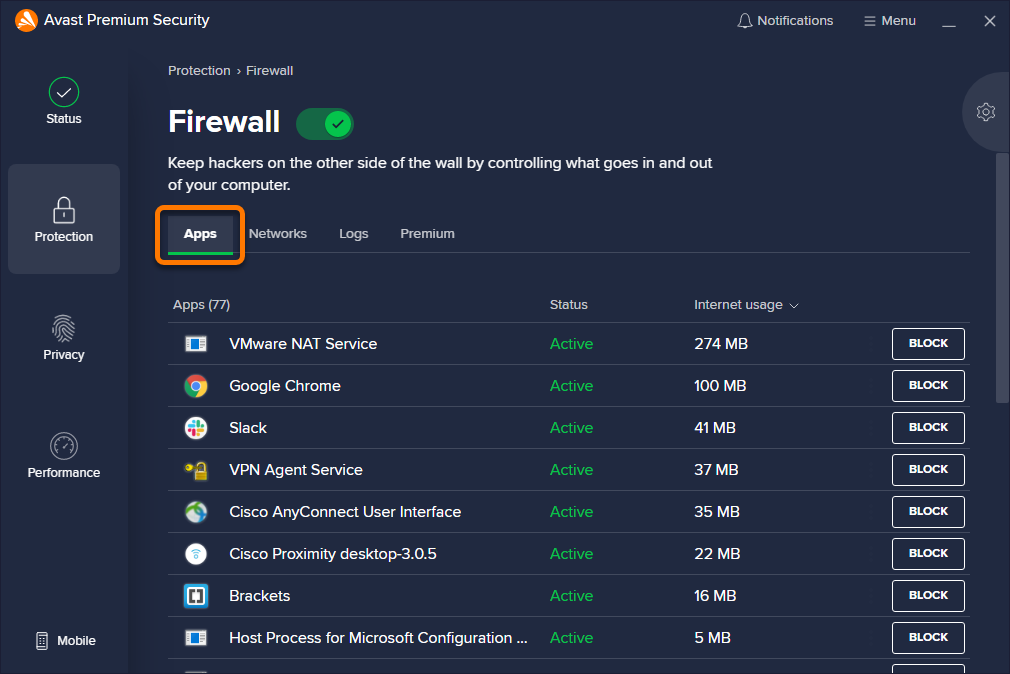

Once your computer is infected, its software firewall doesn’t help.

However, it means that the firewall isn’t actually good protection against any malicious software that would want to open a port and listen on your computer. This is designed to help those applications that require incoming connections work without additional configuration. Worse yet, any local application running on your computer can punch a hole in your firewall. The additional dialogs are additional hassle. If you run a full-screen application - such as a game - the firewall dialog will regularly pop up behind that window and require Alt+Tabbing before the game will work, for example.

If you’ve used a Windows PC which has the Windows firewall included by default, you’ll know that it can cause problems. RELATED: Why You Don't Need to Install a Third-Party Firewall (And When You Do) Ubuntu took the approach of simply not having potentially vulnerable services listening by default, so an Ubuntu system is secure without a firewall. This is actually the same reason why Ubuntu Linux doesn’t ship with its firewall on by default - another thing that was controversial at the time. That’s why a firewall was so necessary on Windows all those years ago - because Windows XP had so many services listening for network connections, and those services were being exploited by worms.Ī standard Mac OS X system doesn’t have such potentially vulnerable services listening by default, so it doesn’t need a tacked-on firewall to help protect such vulnerable services from being attacked. An incoming connection is only a problem if there are applications listening for these incoming connections.


 0 kommentar(er)
0 kommentar(er)
